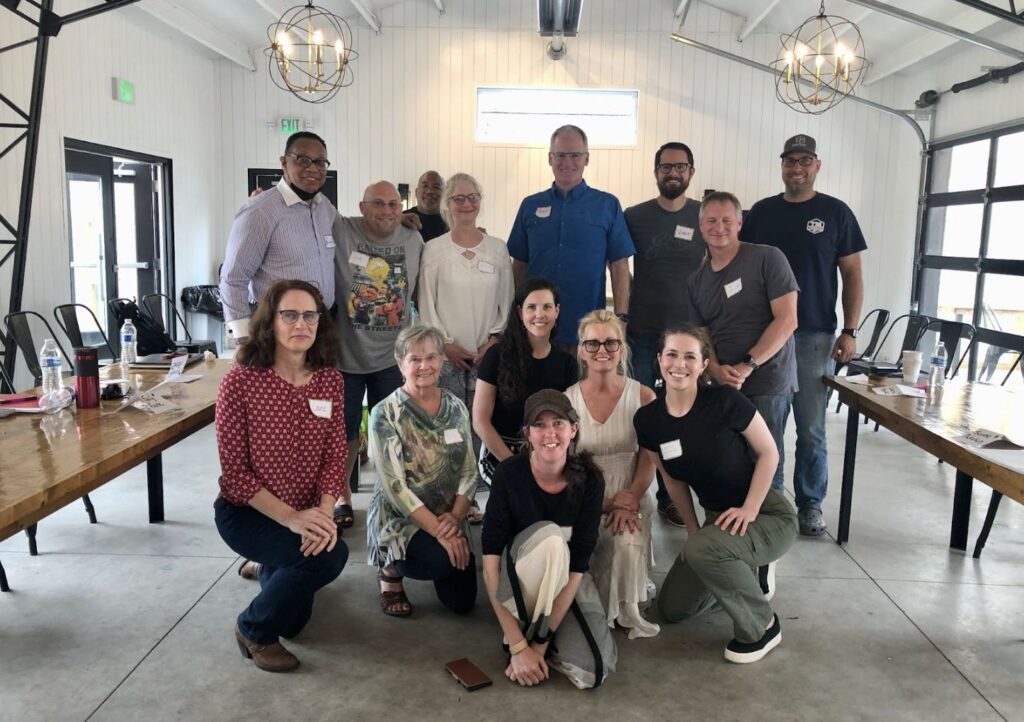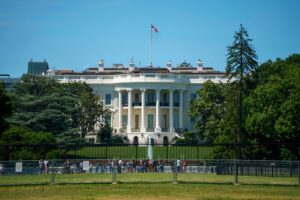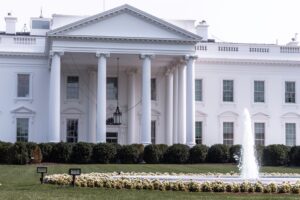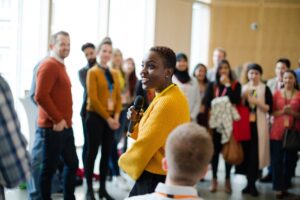On a Friday morning in the middle of spring, fifteen people drove across Michigan to attend our state’s first official Red/Blue Workshop in the little town of Alto, strategically chosen as a rough midpoint between the populous southeast and west sides of the state. I was among them.
I woke up at the crack of dawn in my childhood bedroom – my temporary refuge as I wrapped up graduate school finals – and prepared myself for the road trip ahead. I’d been the field reporter for Braver Angels since January but had yet to attend the organization’s premier workshop. It felt right to do it while I was back home amongst fellow Michiganders.
The workshop was first proposed in December when a handful of Michigan-based Braver Angels leaders were in a steering committee meeting, exploring ideas for the year ahead. Vince Boileau, a Red from Holland, Michigan, pitched an in-person Red/Blue Workshop. David Joseph, the Blue state coordinator from Southfield, Michigan, agreed to work with him on it, and momentum gradually built from there.
“Vince became the fire who got us going, ‘okay, how can we do this?’ instead of, ‘why can’t we do this?’”
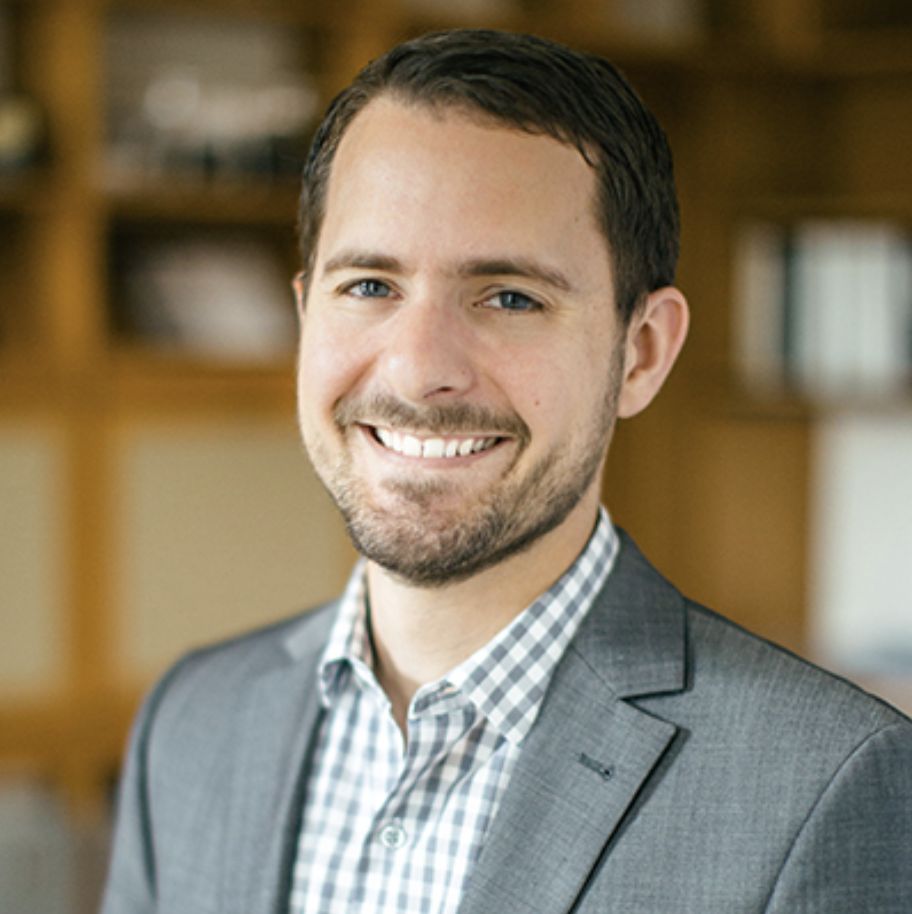
But it wasn’t easy at first. “There were so many obstacles,” Sarah Brabbs, one of the moderators for the workshop, said. “Bringing together different people with different beliefs and vulnerabilities – especially during COVID – felt insurmountable.” Luckily, they had an engine. “Vince became the fire who got us going, ‘okay, how can we do this?’ instead of, ‘why can’t we do this?’”
Lingering uncertainty around the trajectory of the pandemic eliminated many potential locations for the workshop, but the organizers were committed to making it work. Eventually, they found the perfect venue at Wildwood Family Farms, but it exceeded their allocated budget. “We decided to pony up and cover the extra costs ourselves,” David said. “My position was: if we believe this is necessary, we will do what we need to do to make this happen.” And they did.
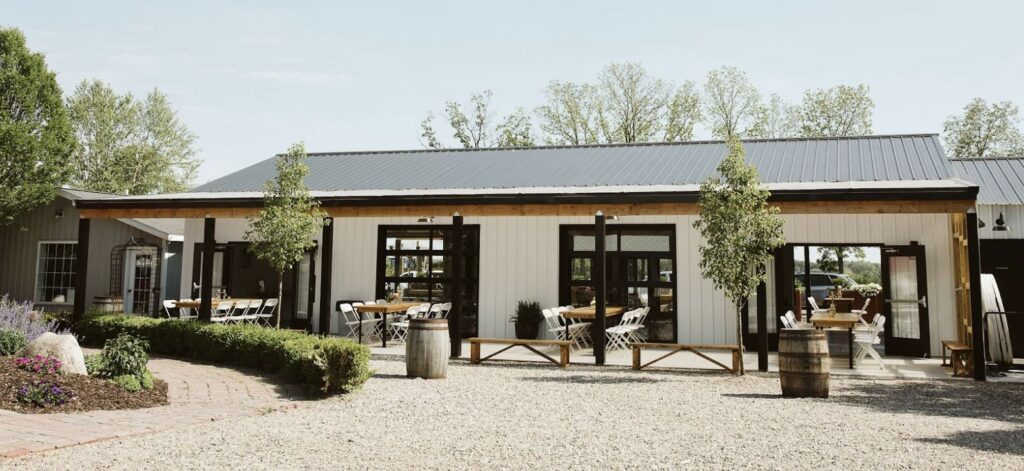
Participants started trickling in ten minutes before the workshop began and took their designated seats: Reds on one side, Blues on the other. As we made our introductions, we realized how many of us had taken the day off from work and driven hours across the state to be there. Usually, people go out of their way to avoid strenuous political conversations, but together, we committed an entire day to it.
For our first activity, we broke out into Reds and Blues and discussed the most common stereotypes of our side. Then, we had to dig into why they’re not completely accurate while also addressing their kernel of truth – something you might never hear in a typical political discussion. Since we began the workshop by confronting and deconstructing these labels – rather than slinging them at one another – we were able to take the power out of them and move on.
From there, we participated in the fishbowl exercise, which had Reds sit in a circle, with Blues observing from the outside, while the moderators asked them questions about what’s at the core of their political beliefs. After that, the two groups switched, and the Blues shifted into the speaking role while the Reds listened. Then, we separated into Red/Blue pairs to share what we learned about the other side and whether we found anything in common. It was a cathartic and unusual experience; everyone had an opportunity to open up and speak from the heart about their perspectives.
“I had goosebumps and felt like, ‘this is it.’ It gave me hope for the days when you read the news and humanity is falling to pieces around you.”
We then gathered around picnic tables and happily ate lunch together before transitioning into the final stage of the workshop: the questions exercise. For this portion, we broke off into two groups – each half Red and half Blue – to gain clarity about each other’s opinions. My group started going deep into a discussion about abortion. As we shared our opposing beliefs, rising tension took the place of the light, airy conversation we were having just moments before. When I strained to articulate my position – and why I disagree with the people sitting across from me – I felt my stomach flip, churn and tighten and a flush of embarrassment washed over me; “I work with Braver Angels,” I thought to myself. “I should be better at this.”
As time progressed, we shifted into a discussion about guns and then finally, about race. By then, the heat had settled in, the conversation was moving faster, and I was asking questions with more urgency. But it never got out of control; everyone remained respectful and engaged – hearing each other out, even when it felt uncomfortable to do so. The words “productive zone of disequilibrium” – a concept I learned about in one of my classes – flashed in my brain and I remembered that sometimes, a certain degree of distress is required for people to learn.
Once it was over, and we had successfully ridden out the wave of discomfort, David, who had been listening in as a moderator, told us how much the discussion about race meant to him as a Black man. “There was an earnestness and sincerity in the questions and reflections,” he said. “I thought to myself: who would we be as a nation if we had more of that? If our lawmakers could do that? If we could ask those questions and not be offended? It was a special moment for me.” Hilary Young, the other moderator in our discussion, agreed. “I had goosebumps and felt like, ‘this is it,’” she said. “It gave me hope for the days when you read the news and humanity is falling to pieces around you.”
“It’s so much harder to hate someone to their face. The human experience just prevents you from disliking them.”
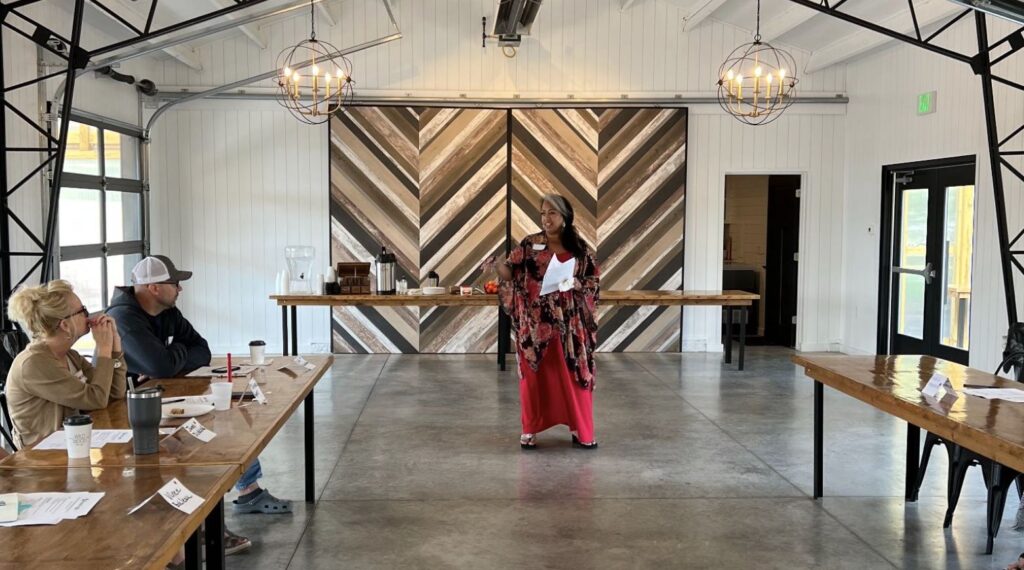
After the workshop, on my drive back east, I tried to take in the experience: the people, the conversations, the feeling that we were doing something so simple – listening to each other – yet so uncommon. But still, I was struggling to know what exactly to make of it. Did we just do something momentous? Or was it simply a drop in the bucket? Instead of having any immediate breakthroughs or takeaways, the word “home” just kept swirling around my brain. In the weeks after, as I continued to process what happened and heard from others about their experience, I came to realize why.
I called Vince – the “fire” behind the workshop – to find out why he was so determined to do it in person. One of his main motivators, he told me, was to be an antidote to the worst of social media, which often curates outrage and hatred between strangers divided by politics. “A face-to-face context disrupts that anonymity,” he said. “It’s so much harder to hate someone to their face. The human experience just prevents you from disliking them.” It’s even harder to hate someone within the format of Braver Angels workshops, where the explicit goal is to learn from – rather than convince – one another. “These workshops teach you a way of being present and showing up in the world,” he said.
“I love the fact we’re turning politics on its head, tearing it apart, and rebuilding it in a whole new way.”
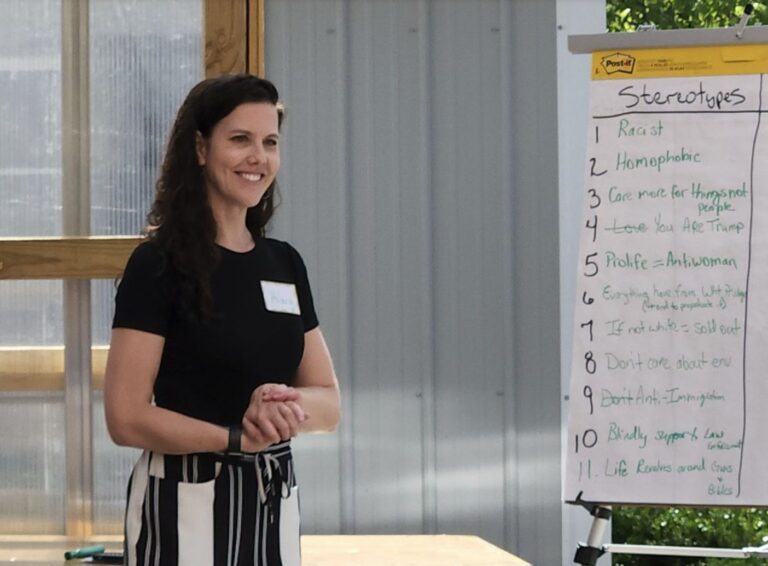
Most of the time, we’re operating in our own bubbles, and even when we have cross-partisan relationships, there are so few spaces where we can actually hash out our perspectives in a way that brings us closer together instead of further apart. But the Red/Blue workshops are different. “If the political world is a wild zoo, then this is a conservation center where it’s intentional,” Sarah said. “It’s like another galaxy of conversations.” Hilary agreed. “We’re turning politics on its head, tearing it apart, and rebuilding it in a whole new way,” she said. “We have psychologists and family therapists who are getting to the root of us as humans – how we learn and what makes us tick.”
And that’s what makes the difference. For years, our country’s all-consuming political conflict has made it harder for us to recognize each other’s humanity. In some cases, it’s even alienated us from those we love most in the world. But Red/Blue workshops challenge participants to go beyond politics and see each other as people, giving us an opportunity to connect on something deeper.
This connection came at a time when I needed it most. Like so many people, the past few years had worn on me, and I was struggling to rebuild my confidence. Most days, I felt deeply unsettled, like I was operating out of my own skin. But on that Friday, in the middle of spring, I finally started feeling more like myself. As I sat in the Red/Blue workshop, I grappled with our country’s most complicated issues and listened to my fellow participants do the same. And there, in a town I’d never been to before, surrounded by people I’d never previously met, I felt closer to that word I couldn’t get out of my head: “home.”
To sign up for or learn more about Red/Blue Workshops, go to this link. To suggest more stories I could report from the Braver Angels community, send me a note at gtimmis@braverangels.org.

